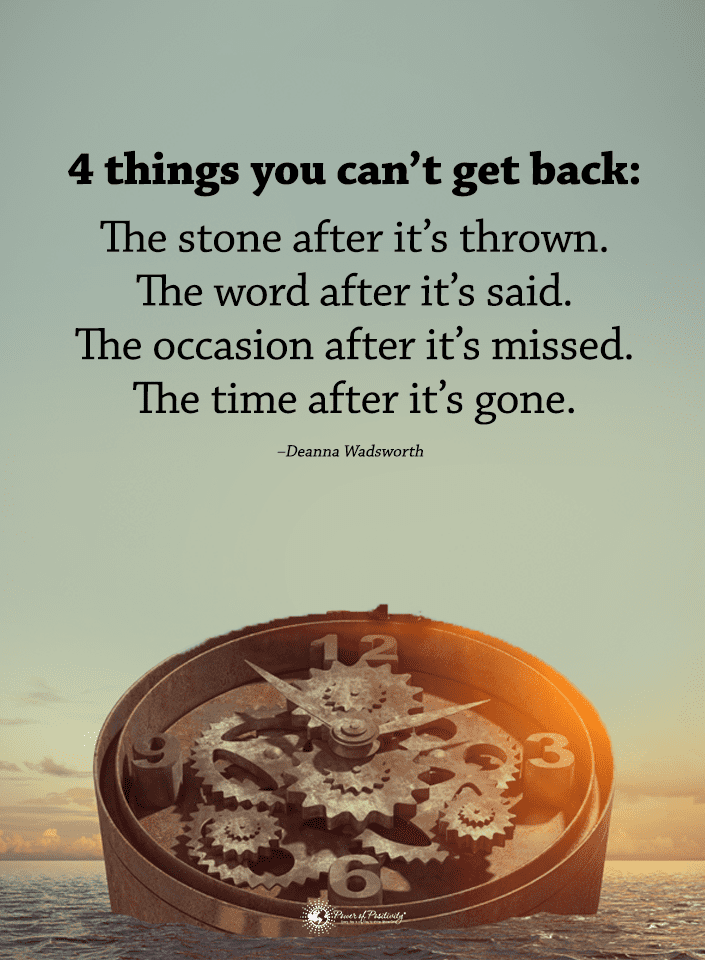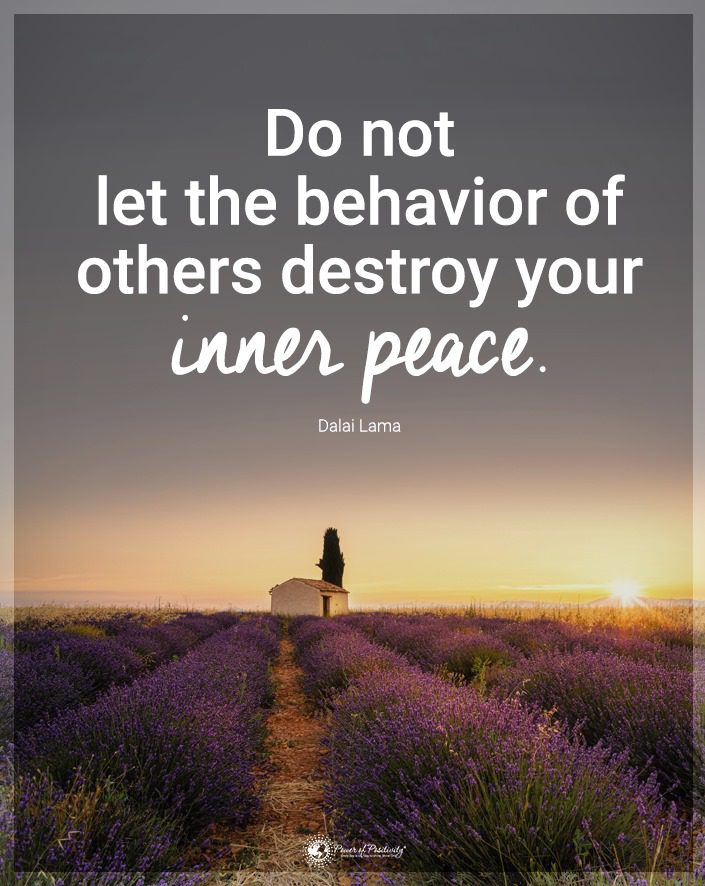It’s time to stop hating yourself and return to a space of love.
Have you ever found yourself trapped in a spiral of self-criticism, wondering why you can’t seem to escape negative thoughts about yourself? Self-hatred is a heavy burden. It is also, unfortunately, often silently carried by many. Hate is a complex emotion, deeply intertwined with our experiences, perceptions, and environment.
Read on. We will explore ten common self-hatred causes and provide practical solutions to help you break free from this cycle. Understanding each trigger is the first step towards healing and developing a kinder relationship with yourself.
10 Causes of Self-Hatred
If you see these behaviors, it’s time to replace the hate with love.
1. Unrealistic Expectations
Setting goals is a fundamental step in the quest for self-improvement and success. However, the danger lies in setting expectations that are not just ambitious but unfeasible. These unrealistic expectations often stem from societal pressures, personal aspirations, or misunderstanding of one’s limits and capabilities. For instance, aspiring to climb the career ladder at an unrealistically rapid pace or aiming to master a new skill in an unreasonably short time can lead to immense pressure.
When these goals are not met, it can result in a cycle of self-blame, disappointment, and a deep-seated sense of inadequacy. This negative loop often overlooks the complexity of tasks and personal limitations, leading to a harmful narrative that one is not good enough, thereby feeding into self-hatred.
Solution: Setting SMART (Specific, Measurable, Achievable, Relevant, Time-bound) goals is a practical approach. It means that you set well-defined, quantifiable, realistic objectives relevant to your personal or professional growth and bound by a realistic timeline. Celebrating small victories is also crucial in recognizing progress. Understanding that progress is not always a straight line helps maintain a healthy perspective toward personal growth and achievement.
2. Past Traumas
Past traumas, whether from childhood experiences, relationships, or significant life events, can have a profound and lasting impact on one’s self-view. These experiences can embed deep-seated feelings of fear, shame, and unworthiness, leading to a distorted sense of self.
For example, someone who experienced bullying or neglect in their formative years might internalize those experiences, believing themselves to be inherently unlovable or inadequate. Such unresolved traumas become fertile ground for self-hatred to grow as individuals continuously struggle with these internalized negative perceptions.
Solution: Seeking professional help through therapy can be an effective way to address and process these traumas. Therapists can provide a safe, supportive space to explore these painful experiences and work toward healing. Additionally, mindfulness and journaling can help individuals stay grounded in the present and develop a healthier relationship with their past and themselves.
3. Social Comparisons
Social media platforms often present curated, idealized versions of other people’s lives, leading to inevitable comparisons. These comparisons can skew our perception of reality, making our lives seem less successful or fulfilling. This constant comparison can lead to feeling inadequacy, jealousy, and low self-esteem, particularly when our achievements, lifestyle, or appearance fall short of those we see online. It’s a trap that fosters a negative self-image and fuels self-hatred as individuals struggle to meet these unrealistic standards.
Solution: Limiting social media usage can reduce exposure to these harmful comparisons. Focusing on personal achievements and practicing gratitude for one’s unique journey and qualities helps build a more positive and realistic self-image. It’s important to remember that everyone’s path is different, and comparison only steals joy.
4. Perfectionism
Often seen as a desirable trait, perfectionism can be a double-edged sword. The desire to make everything flawless leads to relentless self-criticism and pressure. This pursuit of the unattainable – perfection – sets one up for constant disappointment.
Perfectionists often fear failure and rejection, leading to procrastination and avoidance of challenges. This cycle of striving and failing to achieve perfection can erode self-esteem and foster intense self-hatred, as the individual feels continuously inadequate.
Solution: Embracing imperfection and understanding that making mistakes is an inherent part of the human experience is crucial. Recognizing that every error is a learning opportunity can transform how one perceives challenges and failures. This shift in mindset can ease the pressure of perfectionism, fostering a more forgiving and positive self-view.
5. Negative Self-Talk
Our internal dialogue with ourselves plays a critical role in shaping our self-perception. Negative self-talk – a constant stream of critical, demeaning, or pessimistic thoughts – can significantly impact our self-esteem and lead to deep-seated self-hatred.
This can manifest in various forms, such as a voice that constantly belittles achievements, magnifies faults, or predicts failure. Over time, this negative inner monologue can become a self-fulfilling prophecy, where individuals start to believe and live out these harmful narratives.
Solution: Practicing positive affirmations and mindfulness can help combat negative self-talk. Affirmations can reframe the mind to focus on positive aspects and achievements. Mindfulness encourages living in the moment and recognizing these negative thought patterns as they arise. Challenging the accuracy of negative thoughts by examining evidence against them helps break the cycle of negative self-talk.
6. Lack of Self-Care
In the hustle of everyday life, it’s easy to put self-care on the back burner. However, consistently neglecting personal needs – be it physical, emotional, or mental – can lead to detrimental effects like chronic stress, burnout, and a negative self-image. When we fail to care for ourselves, it’s not uncommon to start feeling run down, less than, or unworthy.
This neglect can manifest in may forms. it often presents as inadequate sleep, poor nutritional habits, lack of exercise, or ignoring emotional needs. This continuous neglect sends a subconscious message to oneself of not being worthy of care or love, thereby feeding into a cycle of self-hatred and low self-esteem.
Solution: Prioritizing self-care is essential. This idea includes adopting a balanced diet, ensuring you get good sleep, getting regular physical activity, and taking time for activities that nurture mental and emotional health. Self-care is a form of self-respect and can greatly improve one’s overall well-being and self-perception.
7. Toxic Relationships
The company we keep plays a significant role in shaping our self-perception. Toxic relationships, characterized by negativity, manipulation, or abuse, can severely impact our sense of self-worth. Constant criticism, belittling, or emotional manipulation in these relationships can lead to feelings of worthlessness and self-hatred.
Over time, this negative treatment can be internalized, leading individuals to believe they deserve such treatment. Breaking free from this toxic influence is challenging, as these relationships can sometimes masquerade as caring or supportive, albeit in a twisted form that’s actually hate.
Solution: Setting boundaries in relationships is crucial for personal well-being. It involves recognizing and communicating what is and isn’t acceptable treatment. Finding and nurturing supportive, uplifting connections that foster positivity and self-worth is equally important for rebuilding a healthy self-image.
8. Body Image Issues
In today’s society, where physical appearance is emphasized, dissatisfaction with one’s body can deeply affect self-esteem. As a result, it leads to self-hatred. Constant exposure to idealized body standards through media and advertising can create unrealistic expectations for one’s body.
That can lead to a preoccupation with perceived flaws, negative body talk, and unhealthy behaviors like extreme dieting or excessive exercise. The result is often a harmful relationship with one’s body, viewing it as an enemy rather than a part of oneself.
Solution: Practicing body positivity is key. This includes embracing and celebrating the body regardless of size, shape, or appearance and focusing on its capabilities and strengths. Appreciating what your body can do, rather than hate for how it looks, fosters a healthier and more loving relationship with your body.
9. Professional or Academic Failures
Failures in professional or academic pursuits can be a significant source of stress and self-doubt. These setbacks can feel like personal shortcomings, whether it’s not achieving a desired job, promotion, or grade.
In a culture that often equates success with self-worth, such failures can lead to diminished self-esteem and feelings of inadequacy. The pressure to excel and the fear of failure can be overwhelming, leading to a negative cycle of self-criticism and self-hatred when goals are unmet.
Solution: Viewing failures as learning opportunities is vital. It’s important to recognize that success is not a straight path. Rather, it’s a journey filled with ups and downs. Each setback provides valuable lessons and a chance to grow and improve. Embracing this perspective can transform the way one perceives failure and success.
10. Lack of Achievements
The feeling of not having achieved enough, especially when comparing oneself to peers or societal standards, can lead to intense self-criticism and hate. It often stems from a narrow definition of success, such as high-paying jobs, academic accolades, or material possessions. When personal achievements don’t align with these standards, it can result in feelings of inadequacy and self-hatred. The pressure to achieve can be relentless, overshadowing other meaningful aspects of life and accomplishments that don’t fit the conventional mold.
Solution: Redefining success is essential. Recognizing and valuing personal growth, relationships, kindness, resilience, and other non-materialistic achievements is crucial. Understanding that success is subjective and personal can help alleviate the pressure and foster a more positive self-view.
Healing the Self-Hatred by Releasing Hate, Shame, and Guilt
Addressing and releasing deep-seated emotions like hate, shame, and guilt is a pivotal step toward achieving emotional well-being. These feelings are often rooted in past experiences, perceived failures, or societal pressures. Still, they weigh heavily on one’s mental health. The journey begins with acknowledging these feelings in a compassionate, non-judgmental manner. It’s about understanding that these emotions are a common part of the human experience, not an indication of personal failure or flaw.
Release Self-Hatred With Forgiving Yourself
To start, practice self-forgiveness. Actively recognizing that everyone makes mistakes or falls short of their own or others’ expectations at various times. It’s about shifting the internal narrative from one of self-blame to one of understanding and compassion. Remember that mistakes are not permanent reflections of your character but opportunities for growth and learning.
Release Self-Hatred by Staying in the Present
Working mindfulness and meditation into your day can be a powerful tool against hate. Mindfulness encourages a present-focused awareness, helping you recognize and accept your feelings without being overwhelmed. Techniques like deep breathing, guided imagery, or mindfulness meditation create a space to explore these emotions safely and clearly. Meditation can effectively detach from the cycle of negative thoughts and gain a new perspective on past events and self-perceptions.
Release the Self-Hatred in a Journal
Journaling is another excellent practice for processing these emotions. Writing about your feelings of hate, shame, and guilt can provide a release and a way to understand their origins and triggers. It’s a method for externalizing what’s internal. As a result, it may offer relief and a feeling of control over these emotions.
Engaging in activities that foster self-compassion and self-care is also crucial. Try spending time in pursuits that bring joy, relaxation, or a sense of achievement, like engaging in a hobby, spending time in nature, or practicing yoga. Surrounding yourself with supportive, understanding people can also contribute significantly to this healing process.
Final Thoughts on Replacing Self-Hatred With Love
Understanding the root causes of self-hatred is the first step towards nurturing a more compassionate relationship with yourself. Remember, it’s a journey, not a destination.
Be patient and kind to yourself as you work through these challenges. Every step toward self-love and acceptance is a victory worth celebrating. Remember that you deserve to be treated with the same kindness and compassion you readily give others. It’s time to release the hate and find peace.
















 Community
Community

